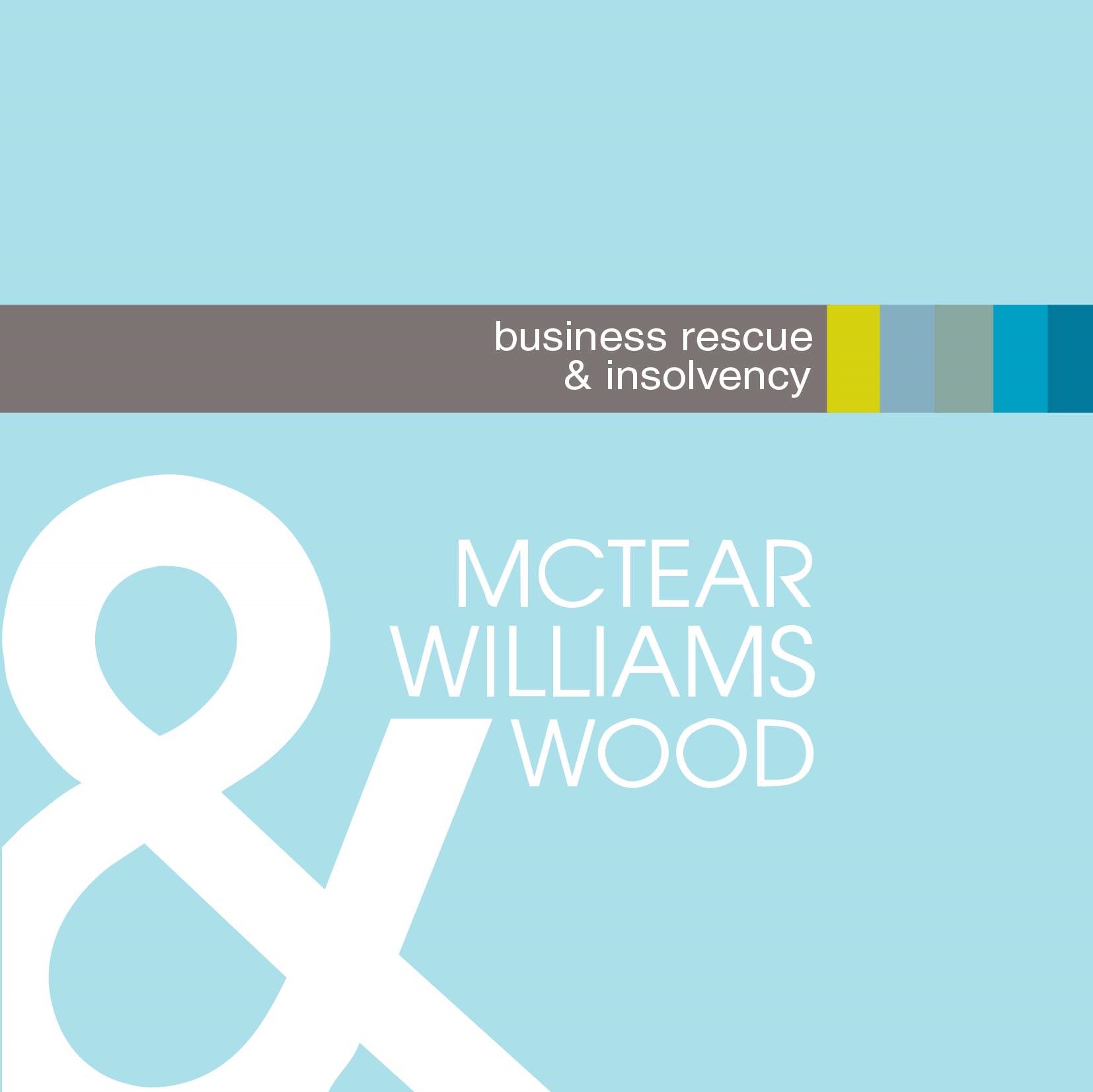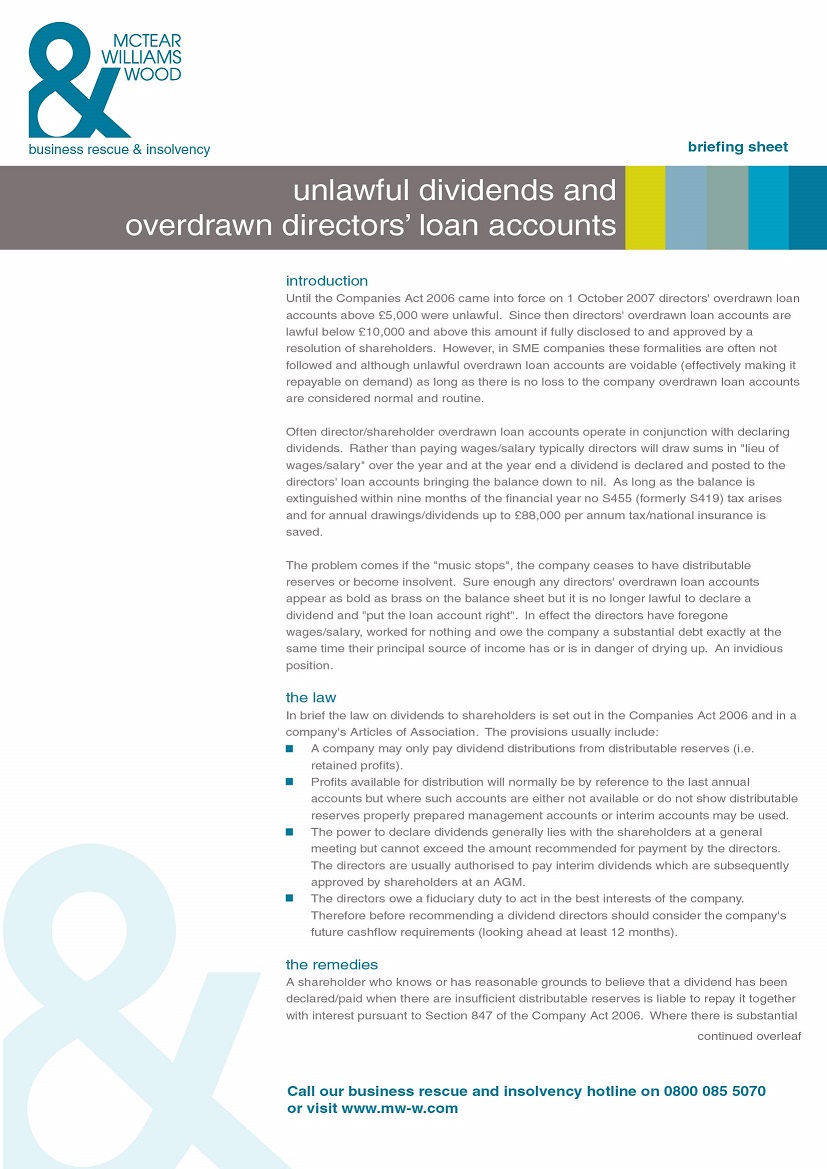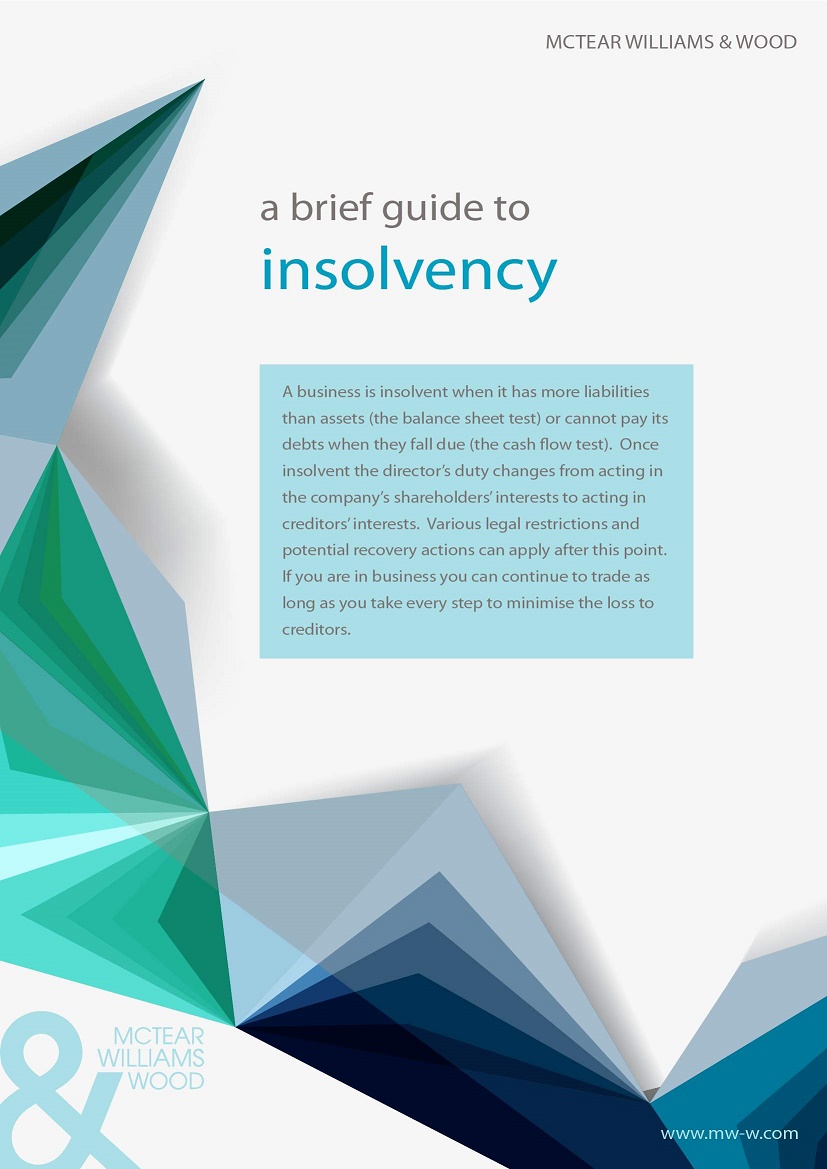FAQs for Directors
Directors' responsibilities
- What is directors disqualification?
A liquidator or administrator has a statutory duty to report to the Insolvency Service on the conduct of every director of companies that are the subject of insolvency proceedings (company voluntary arrangements excepted). The Insolvency Service then considers whether the conduct of the director warrants disqualification which can be between two and 15 years. - Can a director be made personally liable for the company's debts?
Generally 'no' unless you have given personal guarantees, usually to banks or finance companies. However if a director breaks the law he/she can be personally liable for wrongful trading or break of duty (relatively recently identified in the Companies Act). - I am not involved in the company's finances. Can I be held liable?
As a director you are collectively responsible for the actions of the board of directors even if you dissented from a decision. It is your responsibility to ensure that you are fully informed of the company's financial position. this can be by means of attendance at board meetings and review of regular management accounts and forecasts. If you are in doubt ask questions of your fellow directors. Ultimately if you disagree with your fellow directors the only way toe be sure to avoid personal liability is to resign as a director - Can a liquidator take action against me?
Actions that can be taken against directors can be summarised as follows:
- Breach of duty;
- Preference: any payments which could be deemed pursuant to S239 of the Insolvency Act 1986 to prefer one creditor against another;
- Transactions at an undervalue - ie disposal of goods or services at less than their market value;
- Wrongful trading - ie continuing to trade after the directors know or ought to have known the company was insolvency;
- Fraudulent trading - trading by the company designed to defraud its creditors;
- Transactions defrauding creditors - ie where assets are placed out. - Can I be disqualified from acting as a director?
Only if you have not acted properly. Acting on professional advice is usually a complete 'get out of jail card'. The most common grounds on which directors are disqualified - Trading to the detriment of HMRC, not treating creditors equally, recklessly incurring credit. - How to avoid disqualification
As a company director, if you know the financial position is getting worse it is your responsibility to do something about it. The longer it goes on the more chance you have of being disqualified as a director. Disqualification only applies if you were a director or shadow director.
When a company goes into liquidation or administration, the insolvency practitioner appointed is under a duty to investigate what happened. A report has to be filed with the Insolvency Service in every case. This report will cover every director or shadow director and their conduct. If the Insolvency Service deems the director’s conduct was unfit, they will apply for a disqualification order (directors ban) that can last up to 15 years. If you carry on being a director of another company during the period you are banned you may go to prison.
If the Insolvency Service decides to carefully review a company’s insolvency, they will usually visit the liquidator or administrator and review the records. They may also write to third parties to gather more information for a prosecution and disqualification proceedings.
The evidence they are looking for will include:
- Allowing a company to continue trading when it can not pay its debts.
- Not keeping proper company accounting records.
- Not sending accounts and returns to Companies House.
- Not paying tax owed by the company including VAT, PAYE and Corporation Tax.
- Using company money or assets for personal benefit.
Directors need to keep on top of the finances of their business and make sure it is profitable. This is particularly important if shareholders or directors take dividends instead of salary to save tax. It is very important as well to keep accurate records and minutes of meetings especially if those meetings discuss whether to carry on trading or not. You will be asked to justify why you carried on trading if losses continued and the creditors position got worse. - What should I do?
The short answer is to seek professional advice, the longer answer varies depending on your circumstances but consider the following:
- Prepare a 13 week cashflow forecast to establish that you can keep trading whilst you take advice to consider your options
- Prepare a 12 month financial forecast to show if the business is profitable and able to work within funding lines
- Be clear whether the business can trade out of difficulties, it could help to carry out a sensitivity analysis on key forecast assumption
- Talk to your senior colleagues, your professional advisers or a valued business contact and ask them to challenge your forecast
It is always sensible to take professional advice early on as a protective measure. Get in touch with our expert team of business rescue specialists for more information on 0800 331 7417



